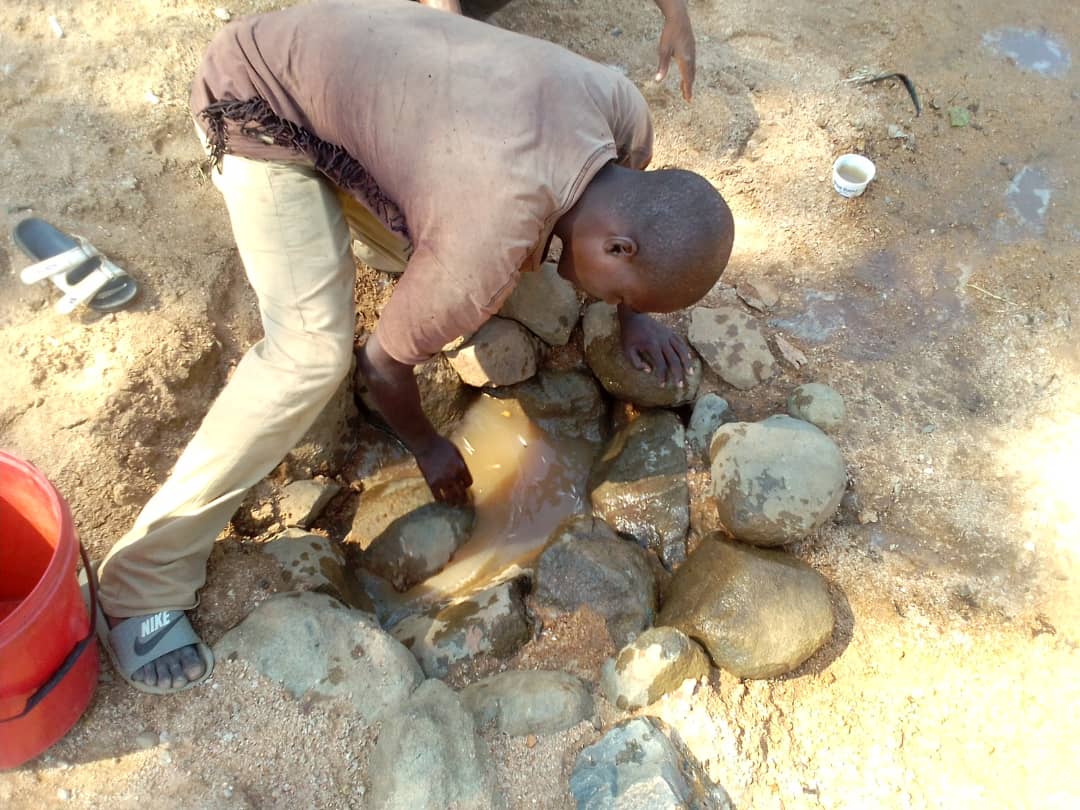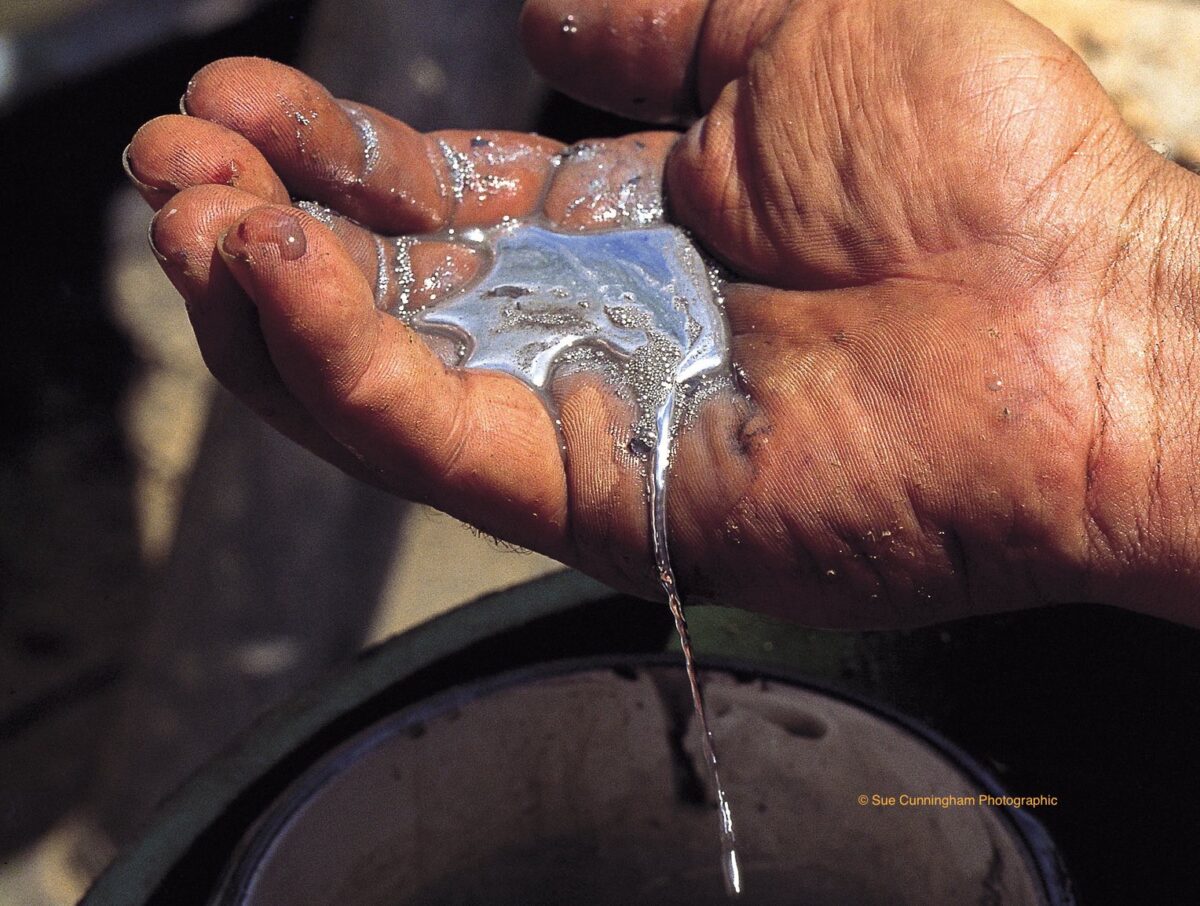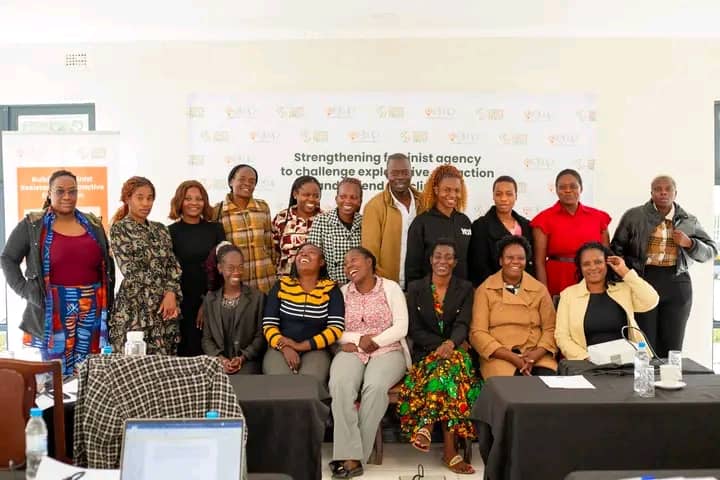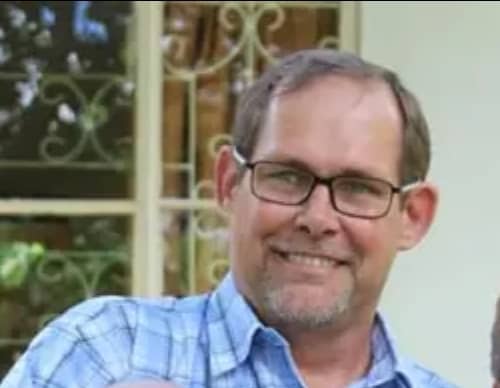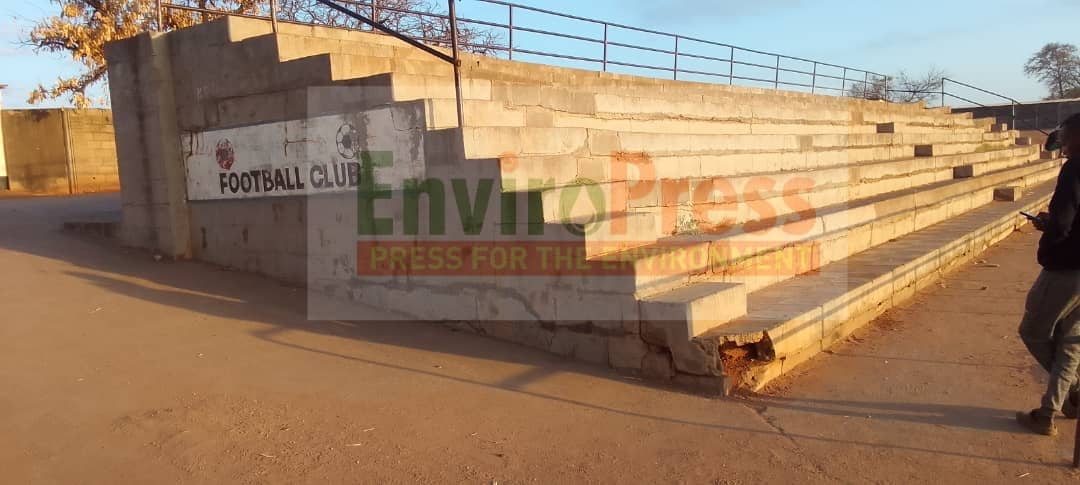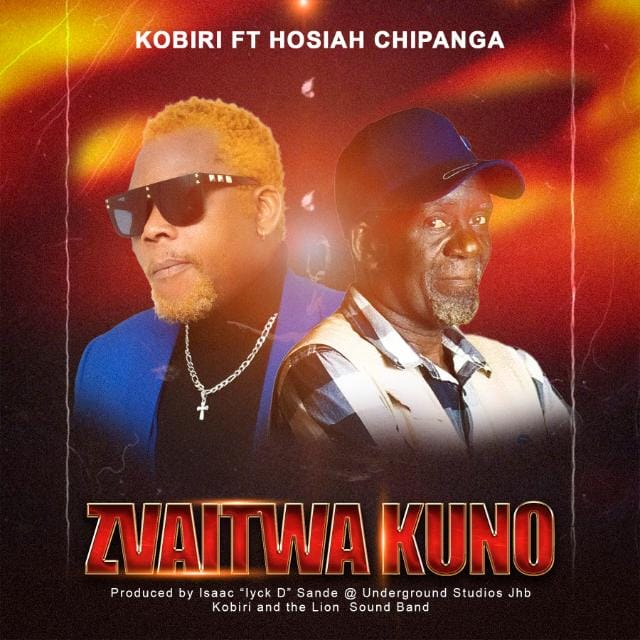…ignorance slowing down adaptive innovation in rural communities
Moses Ziyambi
Effective communication is key to sufficient understanding of the climate change problem, but many gaps remain in reaching the most vulnerable communities in Zimbabwe, EnviroPress has heard.
Many people in Chirumhanzu, Chivi and Mwenezi say they feel that issues of climate change are receiving negligible priority in mainstream communications.
“Climate change is a buzzword that most people have heard about, but genuine understanding of the term is very low because there is no dedicated communication and education. If we are to compare communication on climate change with communication on other issues that affect rural communities, livestock diseases for instance, we would see the gaps,” said Tino Kureya from Chivi.
Government acknowledges these gaps, with the Climate Change Department in the Ministry of Environment, Climate, Tourism and Hospitality Industry now investing new resources to encourage a greater media role in the climate change communication agenda.
“Part of the problem in addressing climate change stems from limited information and knowledge about climate change and responses that countries need to follow to address its impacts…In Zimbabwe, issues of climate change are not as effectively reported and discussed as they ought to be and they are not prioritised as part of the political agenda,” reads part of a recent brief from the Climate Change Department.
Others said it was bad that access to climate change communication remained a preserve for more privileged people who attend workshops in hotels.
It happens often that such communication in easy-to-understand language is for those attend workshops in hotels. Such communication does not adequately cascade down to the grassroots that are in the direct line of climate change fire. As a result, most people in the districts are not innovating adaptive measures that they otherwise would if they had access to sufficient knowledge,” said Shuvai Maworesa of Mwenezi.
Elliot Kupeta of Chirumhanzu said many people misunderstand climate change as a matter of droughts and floods alone.
“For most people, every unwanted weather event or climate situation is climate change and that is wrong because we have always had droughts and floods since prehistoric times. As a result of that ignorance, people are taking long to shift their attitudes in such areas as agriculture which means everything in terms of livelihoods in rural areas,” he said.
Kupeta said climate change learning should be infused into school and college curricula so as to foster early understanding.
In her book Climate Change in Zimbabwe, researcher Anna Brazier says the country has always experienced intermittent droughts and floods in the course of history.
“Zimbabwe has one of the most variable rainfall patterns in terms of distribution across time and space, and dry spells and droughts are part of the normal cycle/ During an everage season, it is normal for the country to experience four to five dry spells of different lengths. Flash flooding and hailstorms are often experienced during the rainy season,” she says.
When asked for his thoughts, Great Zimbabwe University (GZU) lecturer Dr Gift Gwindingwe said the media were key to climate change communication, but they should supported by broader funding mechanisms.
“Climate change content seem to occupy the margins of mainstream media and this is due to their perceived low commercial value in an increasingly competitive space. Funding from such multilateral agencies as Green Climate Fund and Global Environment Fund must be directed to the media just as much of it is directed to other adaptation areas,” said Dr Gwindingwe.
He said he supported suggestions that climate change learning should be incorporated into curricula from primary school to university level.
This project was made possible through a partnership with the Southern Africa Trust. The views expressed herein do not necessarily represent that of the Trust or its associates. www.southernafricatrust.org

